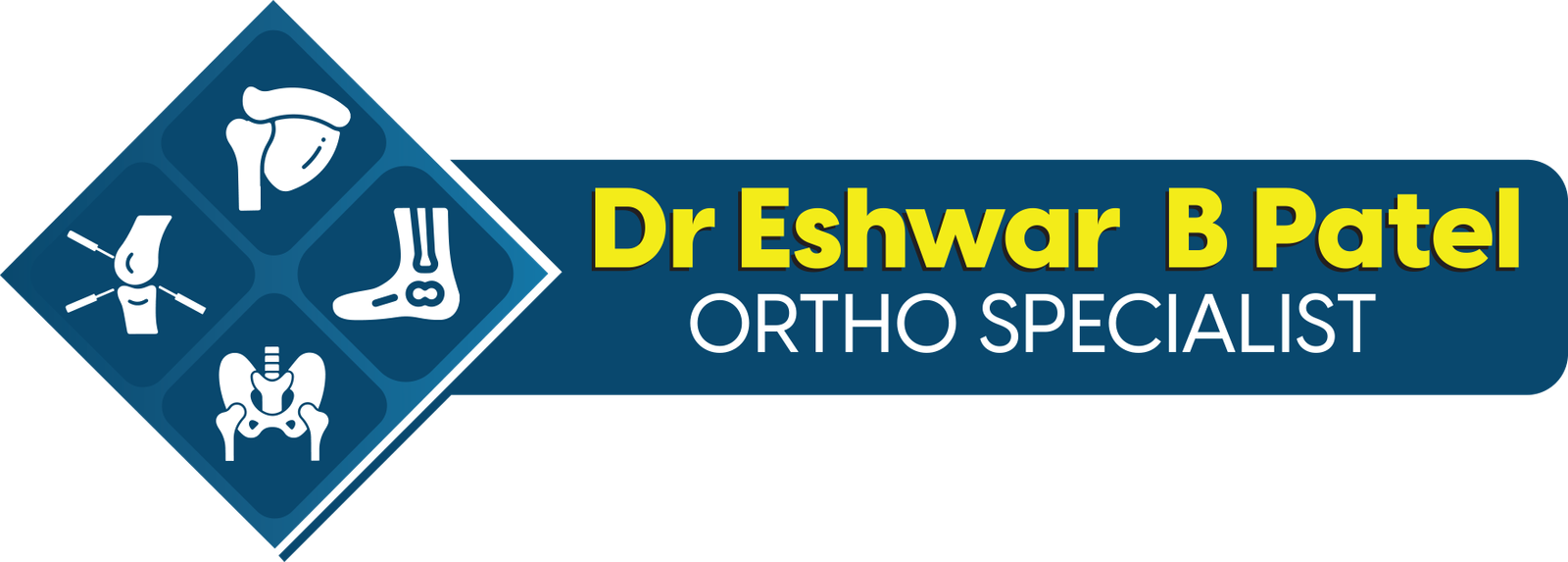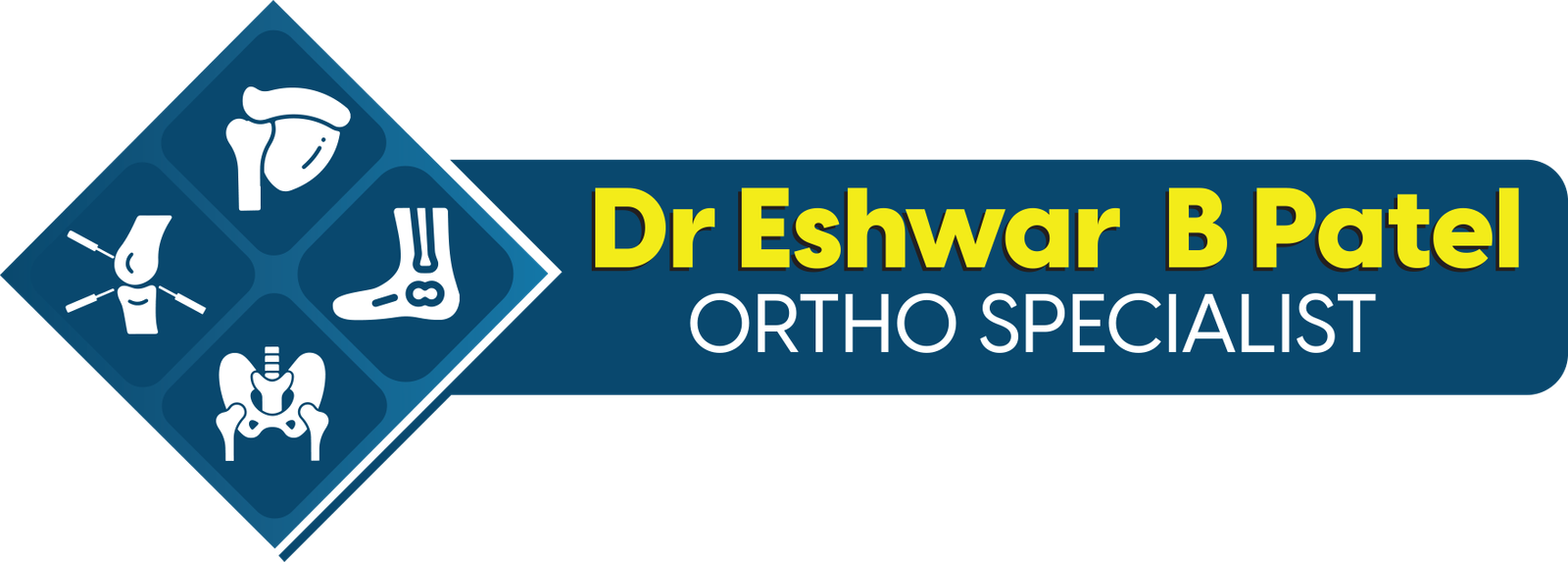Shoulder Replacement Surgeon in Hyderabad
Shoulder replacement surgery, also known as shoulder arthroplasty, is a procedure aimed at relieving pain and restoring function in a severely damaged shoulder joint. This comprehensive guide will walk you through everything you need to know about shoulder replacement surgery, from the procedure itself to the recovery process and potential risks involved.
Understanding Shoulder Replacement Surgery
Shoulder replacement surgery involves replacing the damaged parts of the shoulder joint with artificial components made of metal and plastic. This procedure is typically recommended for individuals with severe arthritis, fractures, or other conditions that have significantly impaired shoulder function and caused chronic pain.
The surgery is usually performed under general anesthesia and can take a few hours to complete. During the procedure, the surgeon removes the damaged parts of the shoulder joint, including the damaged cartilage and bone, and replaces them with prosthetic components designed to mimic the natural anatomy of the shoulder.
Types of Shoulder Replacement
There are several types of shoulder replacement surgery, including:
-
Total shoulder replacement: In this procedure, both the ball and socket of the shoulder joint are replaced with prosthetic components.
-
Partial shoulder replacement (hemiarthroplasty): Only the ball of the shoulder joint is replaced, while the socket is left intact.
-
Reverse total shoulder replacement: This procedure is often recommended for individuals with severe arthritis and rotator cuff tears. It involves reversing the normal anatomy of the shoulder joint by placing the ball component on the shoulder blade and the socket component on the upper arm bone.
Recovery Process
The recovery process following shoulder replacement surgery can vary from patient to patient, but generally involves a period of immobilization followed by physical therapy. Patients may need to wear a sling for several weeks to protect the shoulder as it heals.
Physical therapy plays a crucial role in restoring shoulder strength and range of motion after surgery. Patients will typically start with gentle exercises and gradually progress to more challenging activities as the shoulder heals.
Risks and Complications
While shoulder replacement surgery is generally safe, it does carry some risks and potential complications, including:
- Infection
- Dislocation of the shoulder joint
- Nerve injury
- Prosthetic component loosening or failure
- Blood clots
It’s important for patients to discuss these risks with their surgeon and follow all post-operative instructions carefully to minimize the chances of complications.
Shoulder replacement surgery can be a highly effective treatment option for individuals with severe shoulder pain and dysfunction. By understanding the procedure, recovery process, and potential risks involved, patients can make informed decisions about their treatment and work towards achieving improved shoulder function and quality of life. If you’re considering shoulder replacement surgery, consult with a qualified orthopedic surgeon to discuss your options and determine the best course of action for your individual needs.
Surgeries
Best Knee Replacement in Hyderabad
Best Hip Replacement in Hyderabad
Best Shoulder Replacement in Hyderabad
Best Arthrocopy Treatment in Hyderabad
Orthopedic Surgeon in Hyderabad
Maps
Copyright 2022 © DrEshwar Patel Ortho Specialist All Rights Reserved.
Website Designed & Developed By VENLAX GROUP

